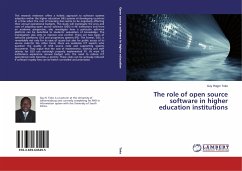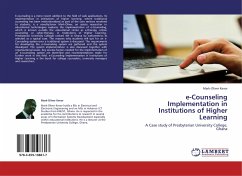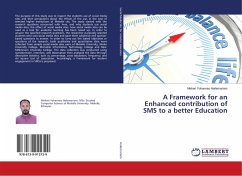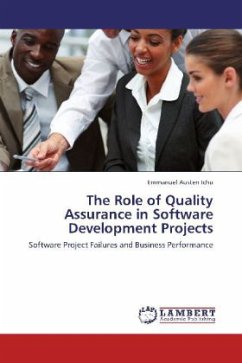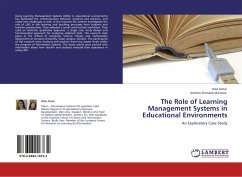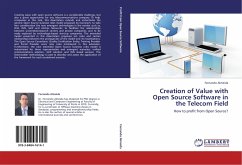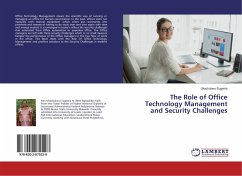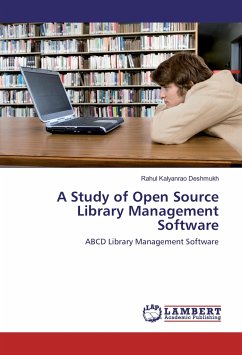This research endeavor offers a holistic approach to software systems adoption within the higher education (HE) systems of developing countries at a time when the cost of licensing fees seems to be negatively affecting their annual operational budgets. This study will investigate the pros and cons of adopting open source software (OSS) in HE institutions and from an academic perspective, also investigate how a particular software platform can be beneficial to students' acquisition of knowledge. The investigation also aims to improve cost control. There are two types of software platforms: OSS and proprietary systems (PS). The former, OSS, is remarkable not only for its ease of access but also for public access of its source code.On the other hand, there are academic ICT experts who question the quality of OSS source code and supporting systems documents. They argue that the cost of maintenance, training and staff salaries for OSS can outweigh properly implemented PS. As most HE institutions experience annual budget cuts, the need to reduce ICT operational costs becomes a priority. These costs can be seriously reduced if software royalty fees can be better controlled and prioritized.
Bitte wählen Sie Ihr Anliegen aus.
Rechnungen
Retourenschein anfordern
Bestellstatus
Storno

